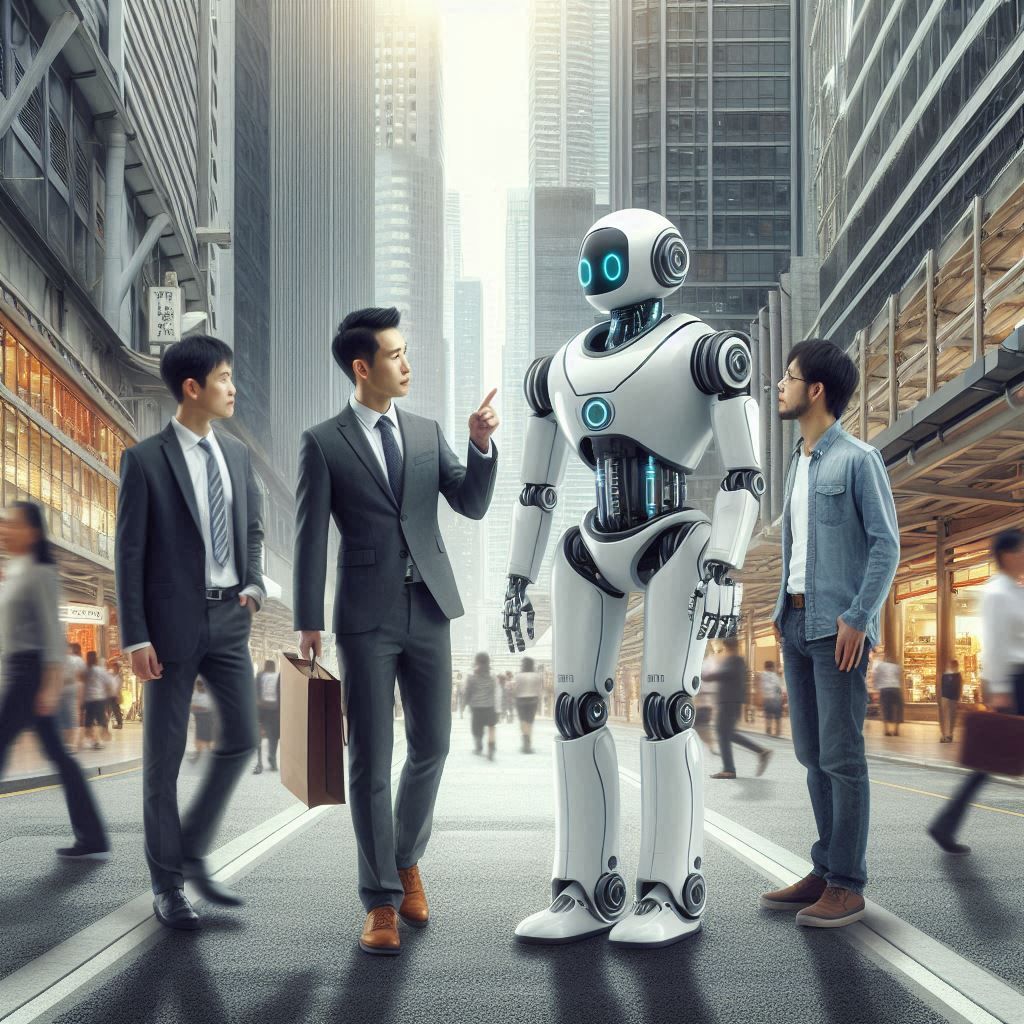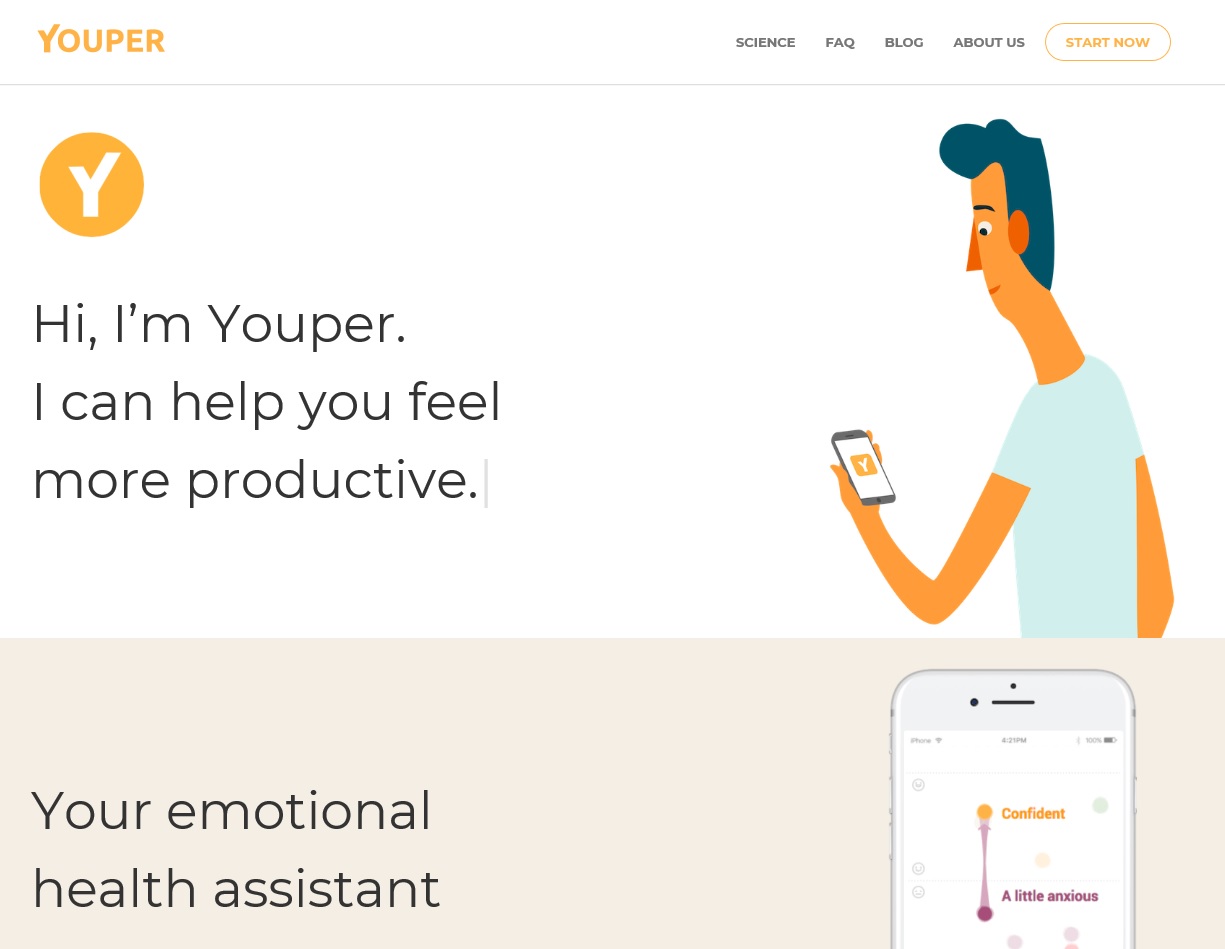How has technology changed your job?
When I was born, “technology” meant a calculator that could do basic arithmetic without smoke coming out of it. The personal computer was still a twinkle in some nerd’s eye, the internet was a secret government project, and a *mouse* was just a rodent that occasionally chewed through your cables.
Fast forward to today, and I’m casually arguing with artificial intelligence like it’s my know-it-all coworker. (“No, ChatGPT, I did *not* mean to write that email in iambic pentameter.”)
My Job Didn’t Evolve—It Shapeshifted!
When I started working, a floppy disk was considered high-capacity storage. (Yes, the ones that could barely hold a single JPEG of a cat today.) I studied Management Information Systems back when “the cloud” was just something that blocked the sun. The systems we used then were about as connected as two tin cans and a piece of string.
Now? I work in Microsoft 365, a digital universe where documents multiply like gremlins in a rainstorm, meetings happen with people who might be on another continent (or possibly another planet—I don’t ask), and my job didn’t just change —it became something that would’ve been pure sci-fi in my childhood.
The Speed of Progress? Ludicrous. Ha ha ha…or 😄😄😄😄,…now emoji’s is even cool in a formal report!
No generation before mine has seen such a radical transformation in one lifetime. We went from rotary phones to video calls, from encyclopedias to Google knowing exactly what I meant despite my terrible spelling, and from filing cabinets to AI assistants who still don’t understand sarcasm.
Am I amazed? Absolutely. Am I occasionally nostalgic for the simplicity of paper memos? Maybe. But mostly, I’m just thrilled to have lived through an era where my job literally didn’t exist when I was born—and now I can’t imagine working without robots whispering suggestions in my ear.
Technology didn’t just change my job. It turned it into something my younger self would’ve called magic. Neurolink, humanoid digital companions? Bring ’em on, I am ready for the future.

Now, if you’ll excuse me, my workflow just notified me of a new ‘must read” notification… Again. I am afraid worked shifted from me being the driver of technology to me slaving for technology.




